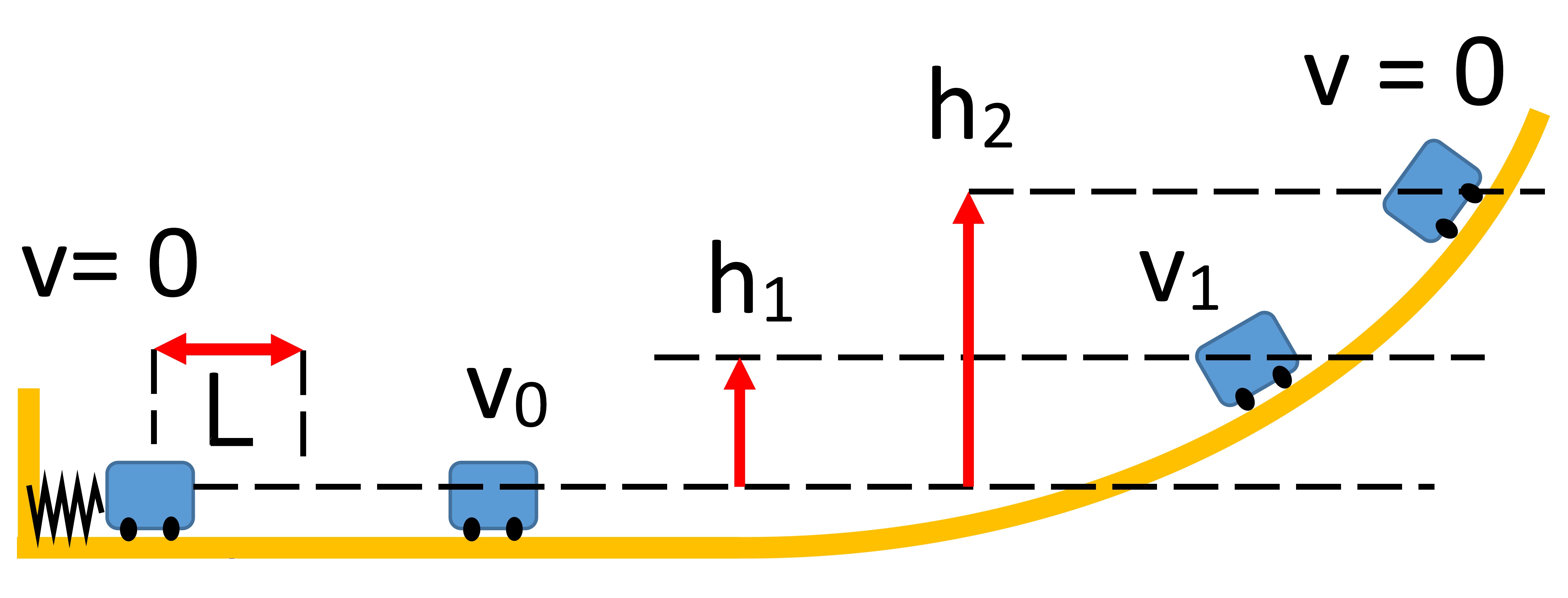Facts for Kids
Conservation of energy is a fundamental principle in physics stating that the total energy in a closed system remains constant over time, only changing forms but never being created or destroyed.
Overview
Impact On The Environment
Renewable Energy Resources
Types Of Energy Conservation
Energy Conservation Techniques
Benefits Of Energy Conservation
Energy Conservation In Daily Life
Government Policies And Incentives
Future Trends In Energy Conservation

Inside this Article
Geothermal Energy
Climate Change
United States
Electronics
California
Thermostat
Pollution
Becoming
Energy
Did you know?
⚡ The law of conservation of energy states that energy cannot be created or destroyed, only transformed.
🌍 Energy exists in various forms, including kinetic, potential, thermal, and chemical energy.
🔋 In closed systems, the total energy remains constant over time.
⚙️ Mechanical energy is the sum of potential and kinetic energy in an object.
🌡️ Heat is a form of energy transfer that occurs due to temperature differences.
🔄 Energy transformations occur in everyday processes, like a car engine converting chemical energy to kinetic energy.
🌌 In the universe, energy often changes forms but the total energy remains conserved.
💡 In electric circuits, the energy supplied must equal the energy consumed by devices.
🏃♂️ When a person runs, chemical energy from food is converted into kinetic energy.
🚀 The principle of conservation of energy is a fundamental concept in physics that underpins many other principles.
Introduction
Energy is everywhere! It helps us do things like cook food, watch TV, and keep our homes warm. Did you know that when we turn off lights or use less water, we help save energy? 🌍
By being careful with how we use power, we can help our planet and make sure there’s enough energy for everyone! From sunny California to snowy Alaska, conserving energy is super important for people all around the world! By learning about energy conservation, we can be heroes for our Earth! 🦸
♀️🌎
Impact On The Environment
When we save energy, we reduce harmful gases that come from burning coal, oil, or gas. These gases can make the air polluted and cause health problems for animals and people. 🦙
Additionally, conserving energy helps protect natural habitats by reducing the need to build power plants, which can disrupt animal homes. 🌲
By using less energy, we also fight climate change, which helps to keep temperatures cooler and protects our planet’s precious resources! Saving energy means a happy, healthy Earth! 🌍💖
Renewable Energy Resources
One great example is solar energy, which comes from the sun and can be turned into electricity. 🌻
Wind energy comes from the wind turning giant turbines to generate power. 🌪
️ Another source is hydropower, which uses water to create electricity from rivers and dams. 🌊
Geothermal energy comes from heat below the Earth’s surface! All these renewable resources are good for our planet because they don’t pollute the air, and we can use them over and over again! We should try to use more of them as we save energy!
Types Of Energy Conservation
One way is through “simple habits” like turning off lights when you leave a room. Another way is by using devices that need less energy, called energy-efficient appliances. 🌬
️ For example, Energy Star certified appliances use up to 50% less ENERGY! You can also save “thermal energy” by wearing warm clothes during winter. 🧣
Even things like using energy-saving light bulbs can help us save energy. Lastly, planting trees can cover up our homes from the sun, keeping them cool and reducing energy needed for air conditioning! 🌳☀️
Energy Conservation Techniques
One simple trick is to turn off electrical gadgets when they aren’t in use. For example, unplugging chargers can stop “phantom energy” loss! ⚡
You can also set your thermostat a couple of degrees lower in winter and higher in summer to save energy. 🌡
️ Using “natural light” by opening curtains is another neat trick! When cooking, try using lids on pots to keep heat in, and remember to only run dishwashers and washing machines when they’re full! 🍽
️ Every little action counts towards saving energy!
Benefits Of Energy Conservation
When we conserve energy, we reduce pollution in the air, making it cleaner to breathe. 🚫🌫️ It also helps people save money on energy bills! 🌈
If we spend less on energy, we can use that money for fun things like toys or going to the movies! 🎬
Additionally, conserving energy can help combat climate change, which keeps our planet healthy! 🌏
Finally, teaching our friends and family about energy conservation makes our communities stronger and smarter about saving the Earth! 👫💪
Energy Conservation In Daily Life
♂️ Start by turning off the lights when you leave a room. You can also try to take shorter showers and save water— this helps save the energy needed to heat it! 🚿🚫 When you’re using your computer, make sure to shut it down at night instead of leaving it on. Double-check that electronics are unplugged when not used. 🌌
Lastly, walking or riding a bike instead of driving helps save energy and lets you enjoy the outdoors! 🌳☀️ Every family member can join in to make a difference!
Government Policies And Incentives
️ For example, in the United States, there are programs that give money back to people who buy energy-efficient appliances. 💵
Some countries have decided to use more renewable energy. In Germany, they set a goal to produce 80% of their energy from renewables by 2050! 🇩🇪 Other governments create laws that make it necessary for buildings to use less energy, which is called “energy codes.” By creating these policies, governments encourage people to save energy and protect our planet! 🌿✨
Future Trends In Energy Conservation
Researchers are finding new ways to make energy use smarter. One exciting trend is “smart homes” that use devices to track and reduce energy use automatically. 🏡
Another cool trend is solar panels on homes, allowing families to generate their own energy from the sun! ☀
️ Electric cars are also becoming popular, which help reduce the energy needed from traditional fuels. 🚗
Future generations will learn even more fun ways to save energy, creating a cleaner, greener planet for everyone! 🌍✨ Let's keep exploring these amazing possibilities!

